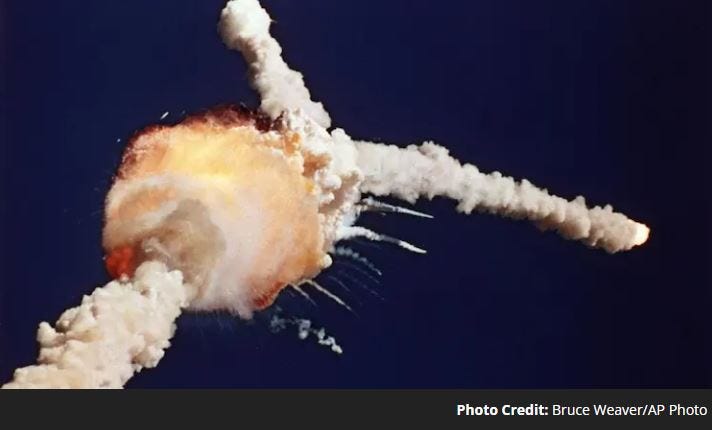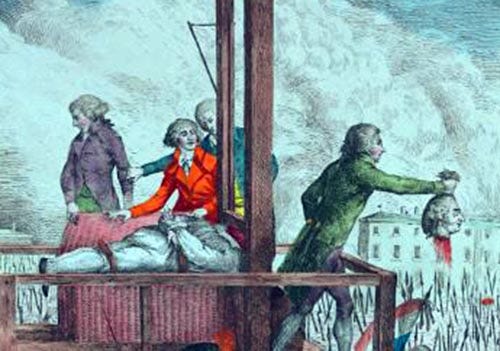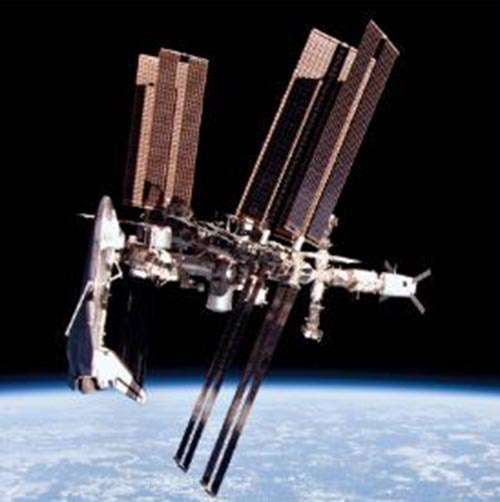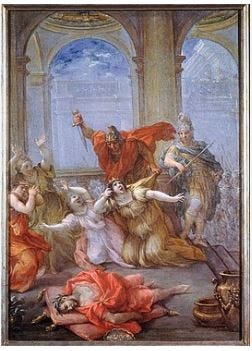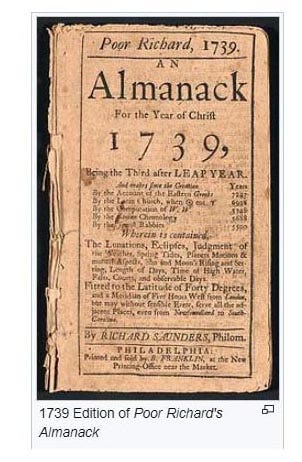We hit a few days of extremely cold weather this January. In recent years the weather has been relatively mild. Even though this year has been uncomfortable, it seems we’ve had more severe weather a few decades ago here in the Northeast. For example, (this was in February so I jump ahead) The Presidents Day Snowstorm of 1979 turned New Jersey into a winter wonderland.
On February 19 a high pressure system over the US-Canada border pushed the cold air needed for snow. As a classic “Nor’easter” developed, the cold air mass spread south and east, meeting the warm ocean air in the Gulf and creating a “breeding ground” for storms.
The storm dumped 10 to 20 inches of snow across most of South Jersey and parts of North Jersey, with some pockets of 20 to 30 inches along the Jersey Shore. The photo here was taken after the 1979 storm in Bridgeton in Cumberland County. We haven’t had a snowstorm like that—yet.
January is the dead of winter, but still significant things happened this month. I thought I’ve outline a few historical events just to keep entertained.
Emancipation Proclamation (January 1, 1863)
President Abraham Lincoln issued the Emancipation Proclamation during the American Civil War. The proclamation declared all slaves in Confederate-held territory to be forever free. While it did not immediately free all slaves, it marked a crucial step towards the abolition of slavery and changed the character of the Civil War.
Before the Civil War the tariffs forced Southerners to buy manufactured good from businesses in the North—at high prices. On top of this, Britain was importing less cotton because their profits from exports had dropped, which also hurt the Southern economy.
Also the big issue was abolition of slavery in the New States That was one of the primary reason the South wanted to secede. Emancipation Proclamation brought the slavery issue to the front and became the rallying cry for the North.
Space Shuttle Challenger Disaster (January 28, 1986)
One of the dumbest moves by NASA was politicizing the space shuttle launching by focusing on the women’s rights movement by putting a woman teacher, with no experience, in the incredibly dangerous position of sitting on top of the most flammable rocket fuel in the world and getting shot into space. Each solid rocket booster held 1.1 million pounds of fuel.
The Space Shuttle Challenger disintegrated just 73 seconds into its flight, leading to the tragic deaths of all seven crew members including the mother of 2 very young children, Christa McAuliffe. The disaster had a profound impact on the U.S. space program, prompting a suspension of the Space Shuttle program and a reevaluation of NASA's safety procedures.
Birth of Martin Luther King Jr. (January 15, 1929)
Martin Luther King Jr. was born on this day.
He played a pivotal role in advocating for racial equality and justice through nonviolent civil disobedience. King's efforts were instrumental in achieving significant advancements in civil rights during the 1950s and 1960s. What was forgotten however, was his adamant Vietnam anti-war stance and economic message of joint prosperity that people of color should receive, which may have been a major reason he was assassinated.
Execution of King Louis XVI (January 21, 1793):
King Louis XVI of France was executed by guillotine during the French Revolution.
The revolution marked a period of radical political and social change in France leading to the end of the monarchy and the rise of the First French Republic. The aristocratic class attitude of complete disdain for the common man led to revolt that saw many heads of the wealthy and privilege lose their heads by chopped off by the guillotine.
Launch of International Space Station (January 23, 2002)
The Zvezda module, the first component of the InternationallSpace Station (ISS), was launched into orbit.
The ISS has since become a symbol of international cooperation in space exploration, with contributions from various countries around the world. Even then Russia was he boogie man, but for the sake of science there was a hiatus in Russophobia in America to accomplish such an amazing feat.
Alaska Admitted as the 49th U.S. State (January 3, 1959)
Alaska officially became the 49th state of the United States.
This event marked the end of a long process of territorial status for Alaska and highlighted the importance of the state's vast natural resources.
Defeat in the Crimean War of 1853 reduced Russian interest in this region. Russia offered to sell Alaska to the United States in 1859, believing the United States would off-set the designs of Russia's greatest rival in the Pacific, Great Britain. We turned it down.
Secretary of State William Seward quickly took up a renewed Russian offer and on March 30, 1867, agreed to a proposal from Russian Minister in Washington. It was originally labeled Seward’s Folly. That was before we cashed in on the gold and natural resources. Good purchase.
Inauguration of Ronald Reagan (January 20, 1981)
Ronald Reagan was inaugurated as the 40th President of the United States.
His presidency was characterized by conservative policies, economic reforms, and a focus on anti-communism.
It was also the beginning of the death of the labor movement in the USA, which provided living wages to the average, working American. The breaking of the air traffic controllers strike was the beginning of the fall of labor and the beginning of neo-liberalism, which shifted income from the middle class to the financial barons.
Assassination of Emperor Caligula (January 24, 41 AD)
Roman Emperor Caligula was assassinated by members of the Praetorian Guard.
Caligula's reign was marked by controversies and extravagant behavior, and his assassination had significant implications for the Roman Empire. He started out with great promise, but following a near fatal sickness he turned into a crazed psychopath and mass murderer, and finally got his come-uppins.
Birth of Benjamin Franklin (January 17, 1706)
Founding Father Benjamin Franklin, known for his contributions to science, literature, and politics, was born.
Franklin played a key role in the drafting of the U.S. Constitution and is remembered for his experiments with electricity. Franklin's heart failed him completely in regard to his own son, whom he reared and then rejected after the War of Independence. William Franklin remained loyal to England during the Revolution and his father could never forgive him.
He also published Poor Richard’s Almanack, to provide affordable information to common people. Ben Franklin sought to improve the colonies' morality, monetary status, and virtue. His almanack provided a way to circulate those ideas, values, advice, etc. for a more educated populace.
Start of the Gulf War (January 16, 1991)
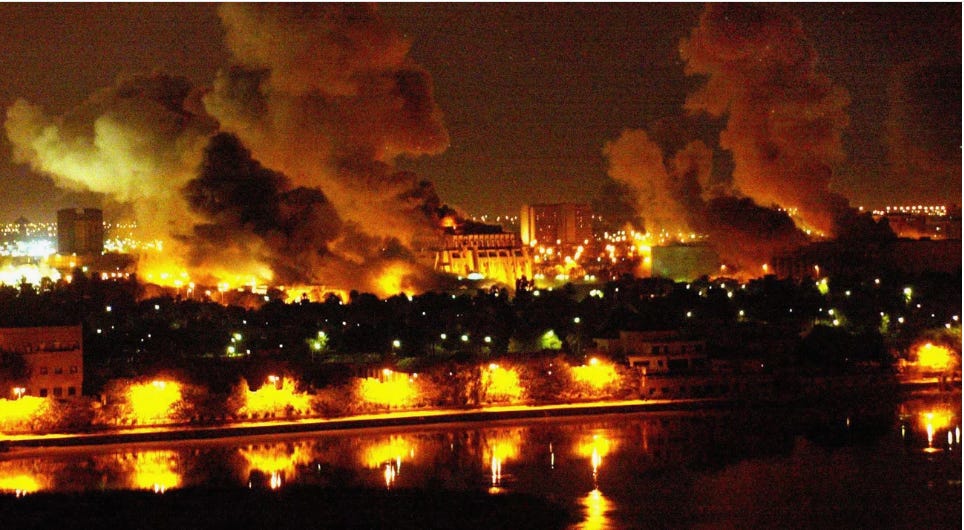
The Gulf War began with the U.S.-led coalition launching air raids against Iraq in response to Iraq's invasion of Kuwait. The conflict had lasting geopolitical consequences and reshaped the dynamics of the Middle East.
The war was based on a lie of course that Sadam was producing yellow cake, a substance needed for his weapons of mass destruction, that didn’t exist. Thank you George Bush, Donald Rumsfeld, Condoleesa Rice and the rest of the liars.





